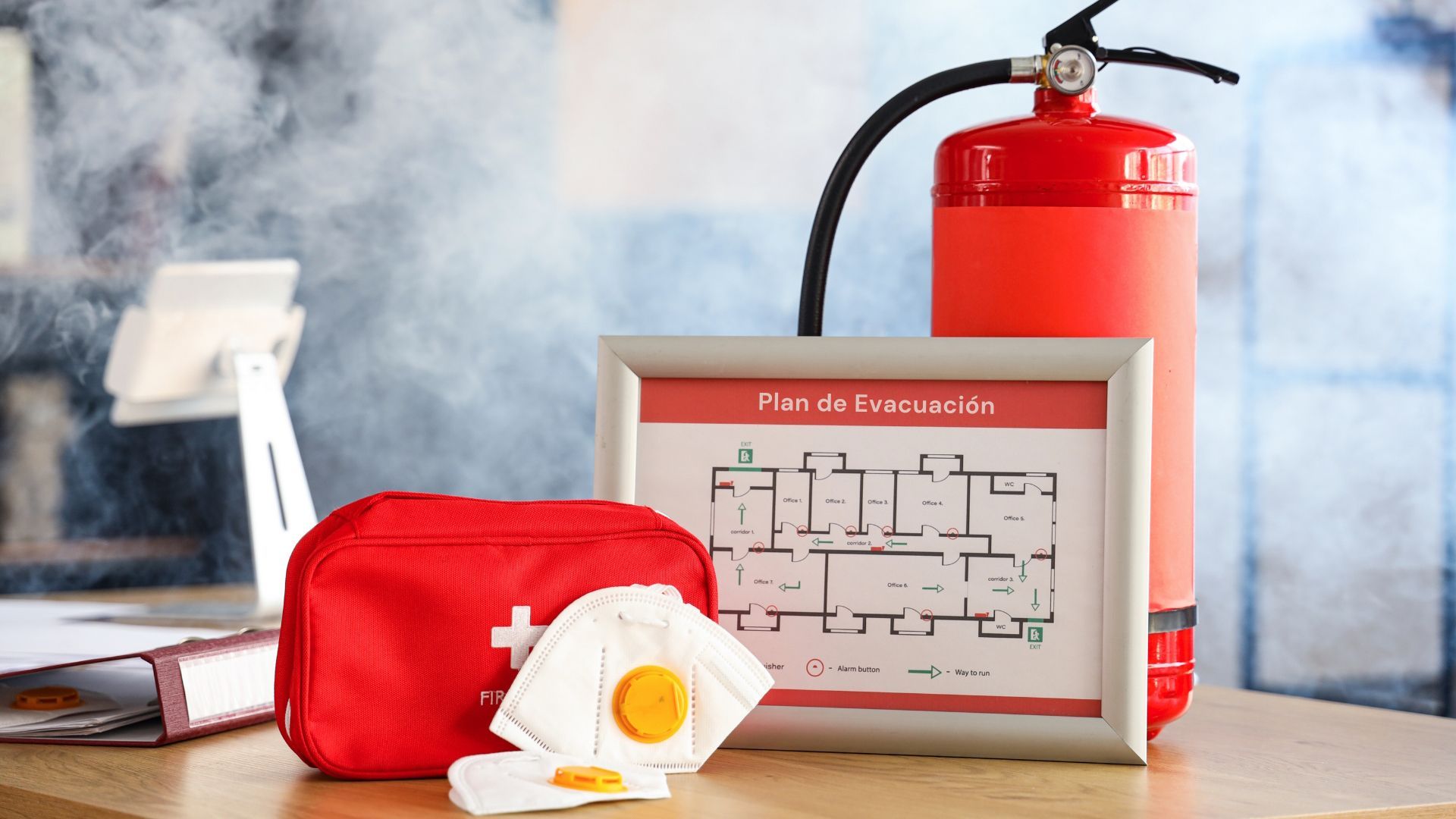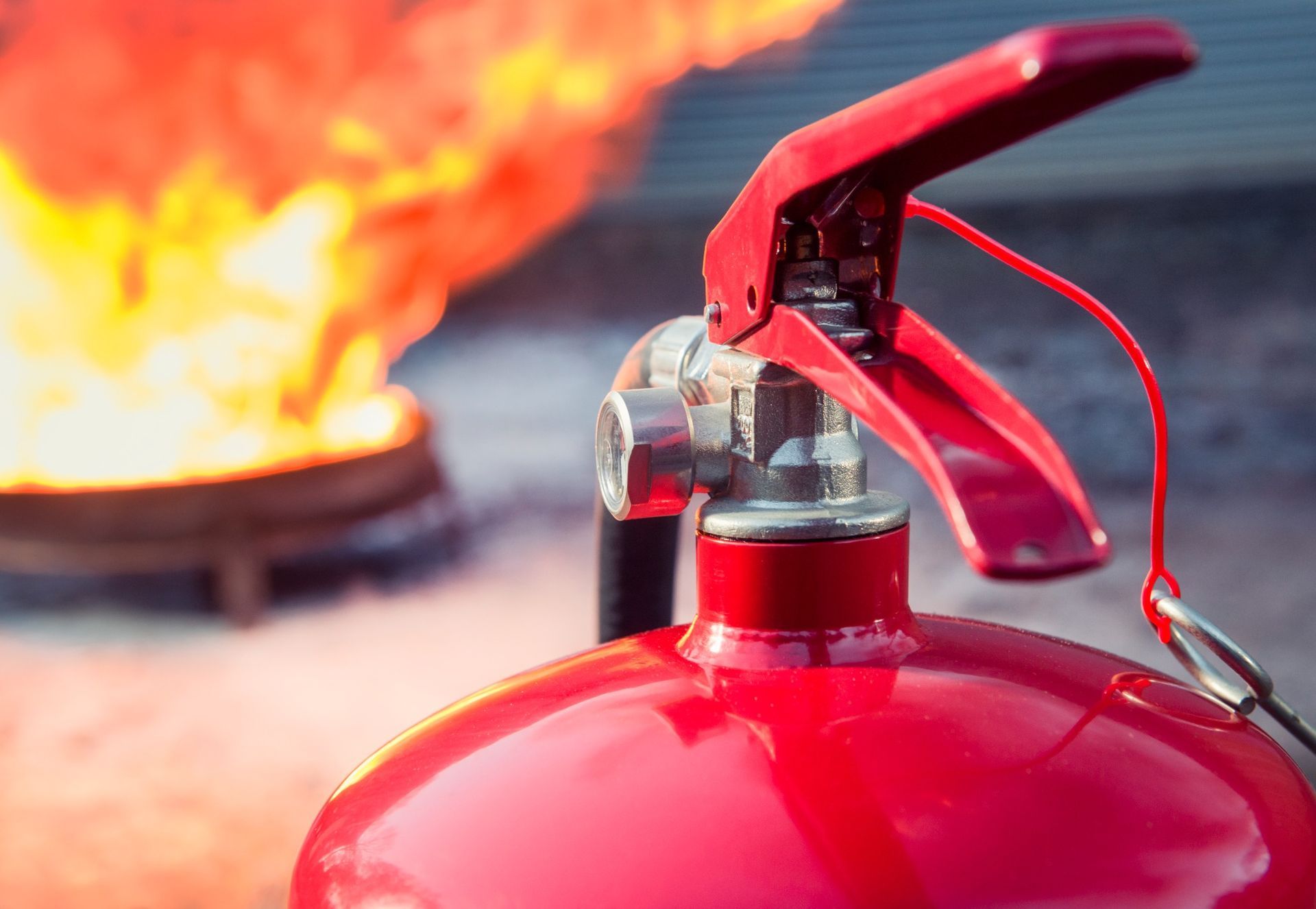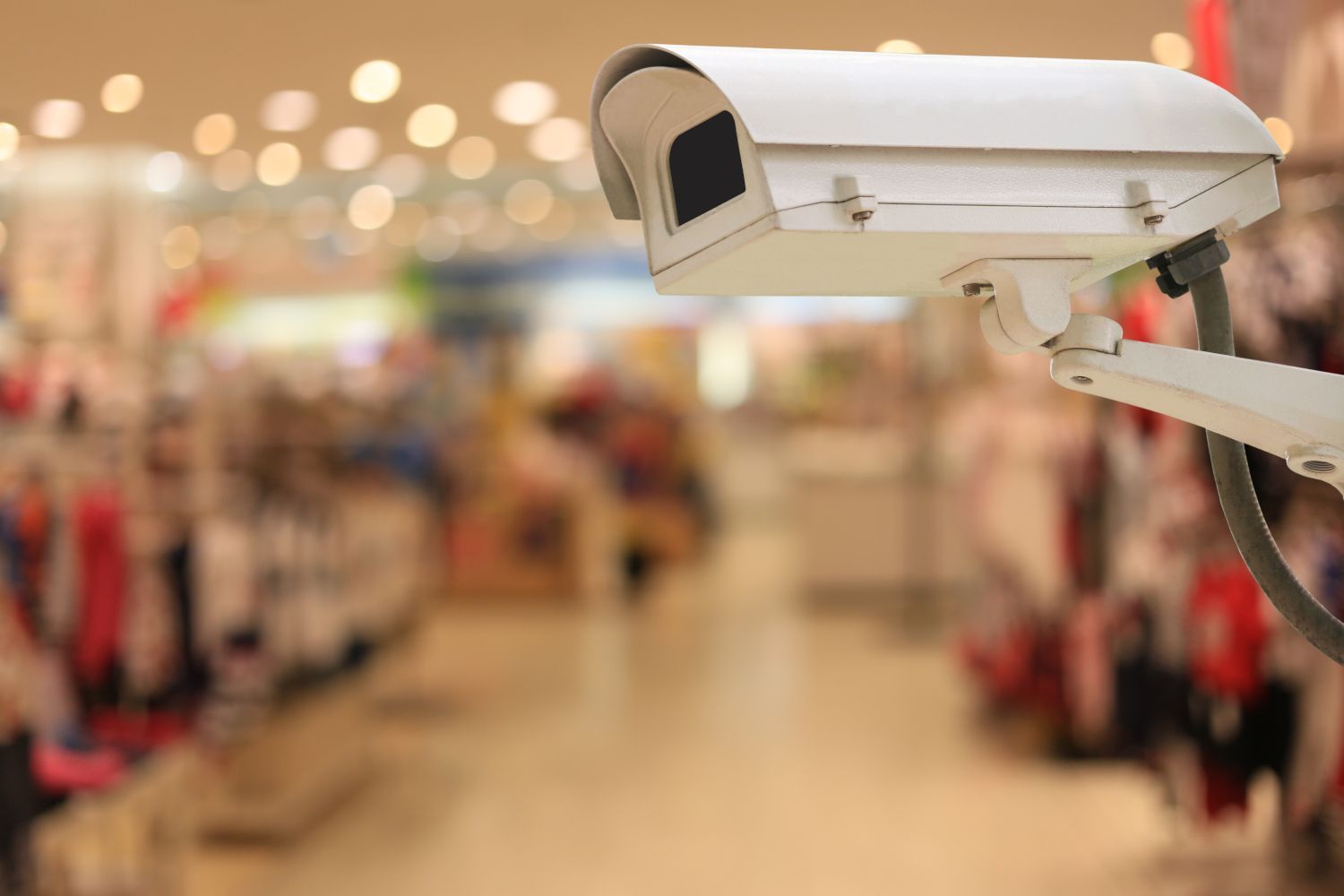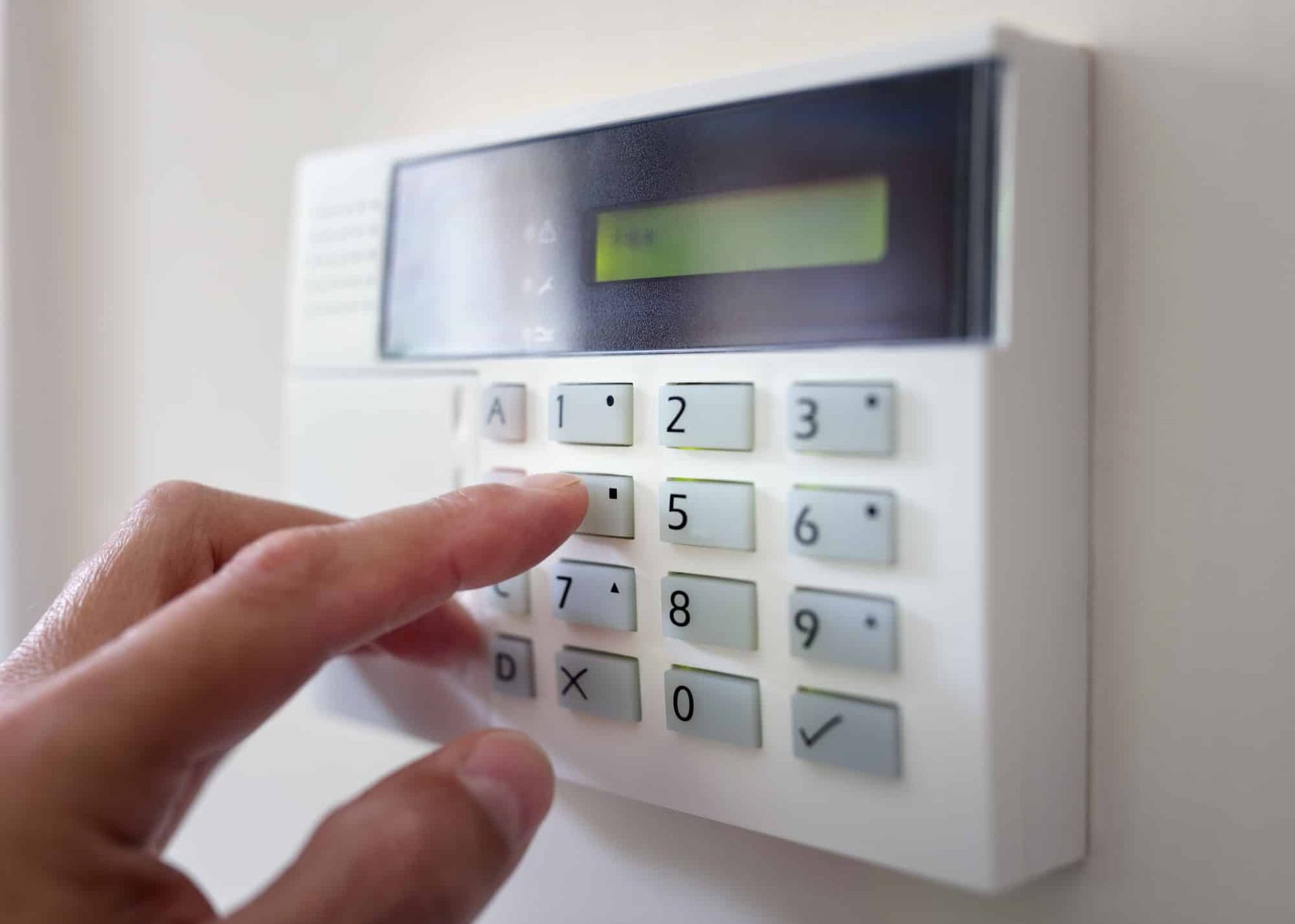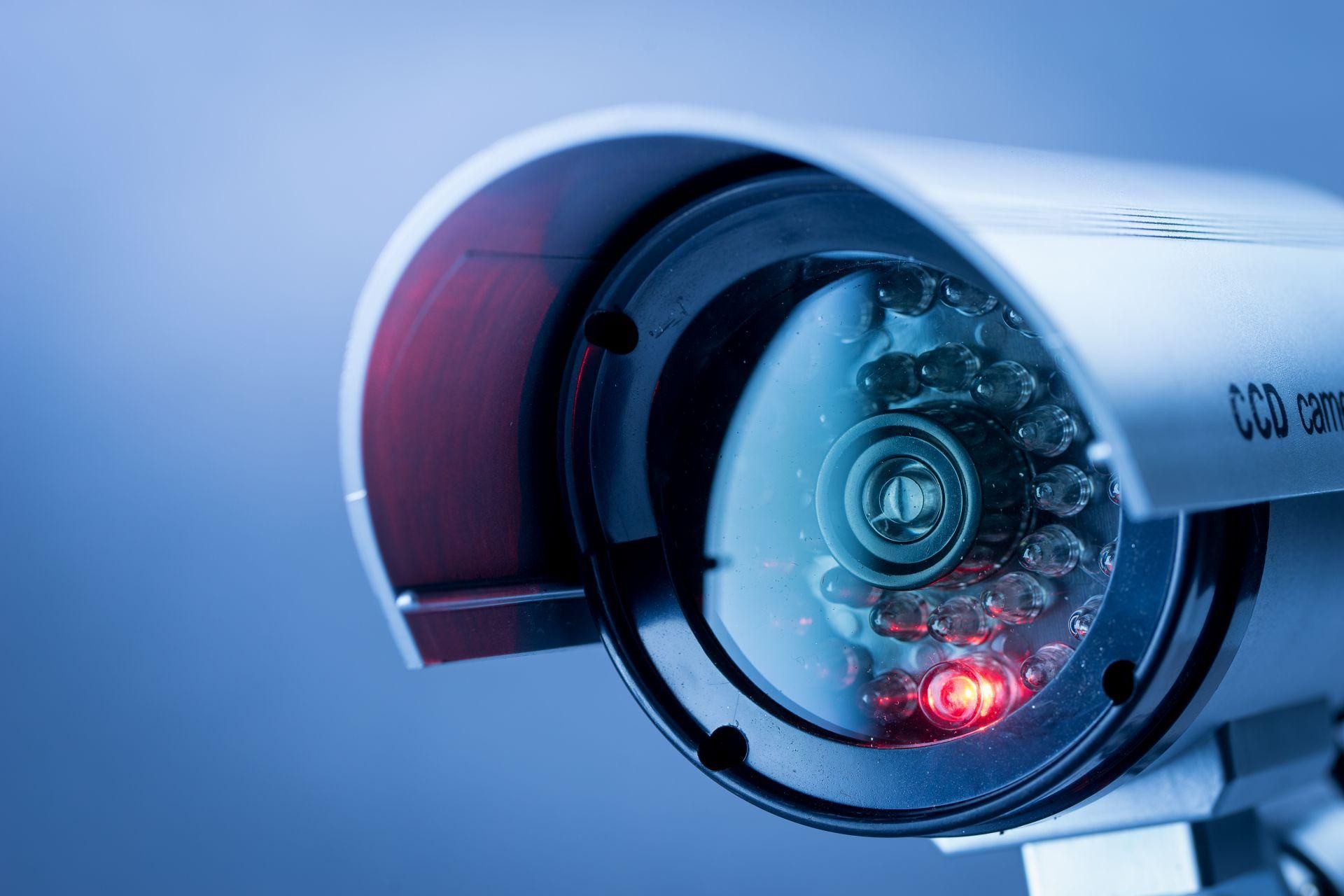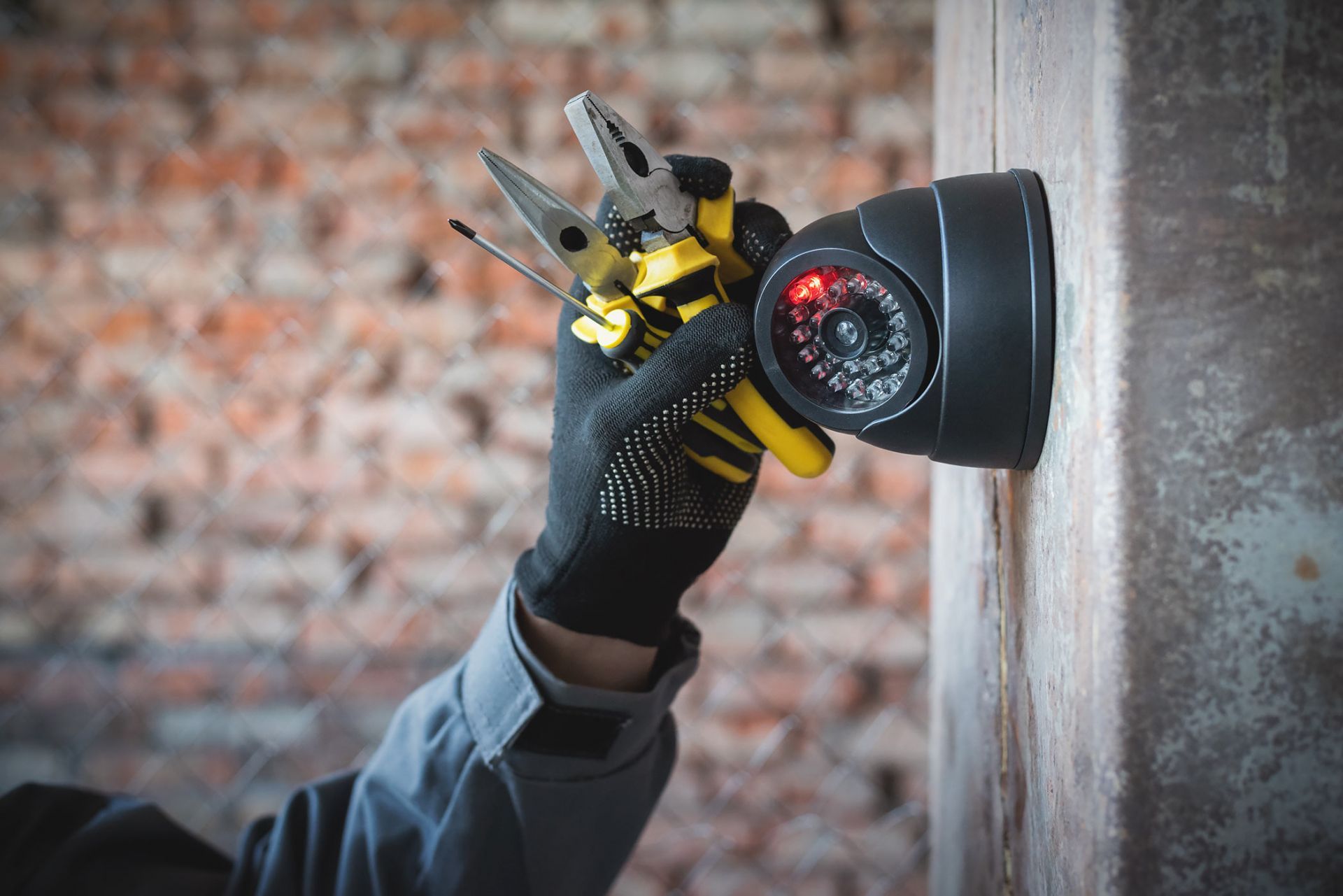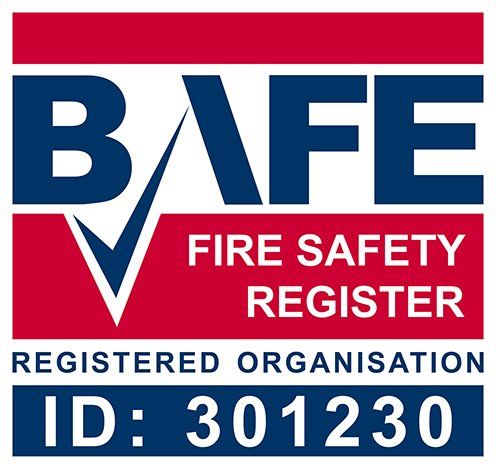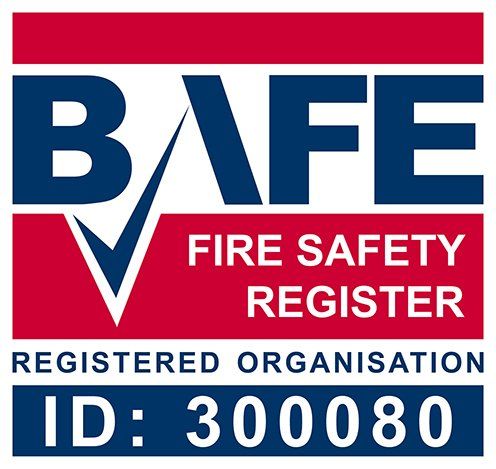The Importance of Training Your Staff in Fire Safety
Fire safety is something we tend to think of in terms of providing fire extinguishers and fireproofing our offices or retail establishments, but what happens to your staff in the event of a fire? It is necessary to provide fire training and ensure that everyone knows what to do in the event of a fire in the building.
Why Fire Training Is So Important
Studies have shown that people who are trained in what to do if a fire occurs are more likely to react quickly and appropriately instead of panicking. They are also more likely to notice and resolve fire hazards or safety issues in the area.
One of the biggest worries during a fire at your place of business is when people panic. They may end up running in the wrong direction or hurting themselves and others because they’re rushing to get out of the building. People are far more likely to be injured when they don’t know the proper protocol for exiting the building.
What Your Staff Need to Know
There are three main areas that your staff should be trained in. These include:
Fire Extinguishers: Every staff member should know how to use a fire extinguisher, as well as where they are. If possible, they should practice putting out a real, controlled fire so they are confident in their skills. They’ll also need to know how to evaluate when to attempt to put a fire out and when to evacuate.
Evacuation: Evacuation routes should be clearly labelled, but it’s best if your staff know and practice exactly where to go. There should be a common meet-up place so you can determine if anyone is missing, as well. This simple training could end up saving lives.
Fire and Safety Hazards: Staff members should be able to identify any potential hazards, such as blocked stairs, items in front of doors, and so on. When they’re aware of what could cause an issue in the event of an emergency, they can help fix the situation and keep the building safer.
Proper training will keep your people safe when something bad happens. Whether it’s a fire or another disaster, being prepared could make all the difference.
How to Train Your Staff
While you can do some training yourself, with fire drills and orientation meetings and tours, it is much better to bring in the experts for instilling confidence. They have set things to teach, so you won’t have to worry that you’ve missed something.
Book your
staff fire training with Ace Fire & Security today.

